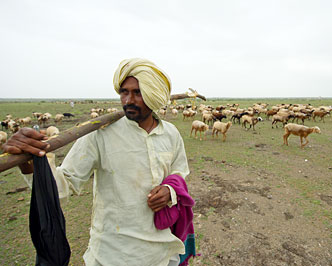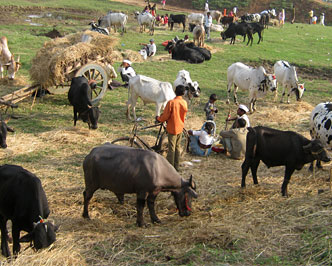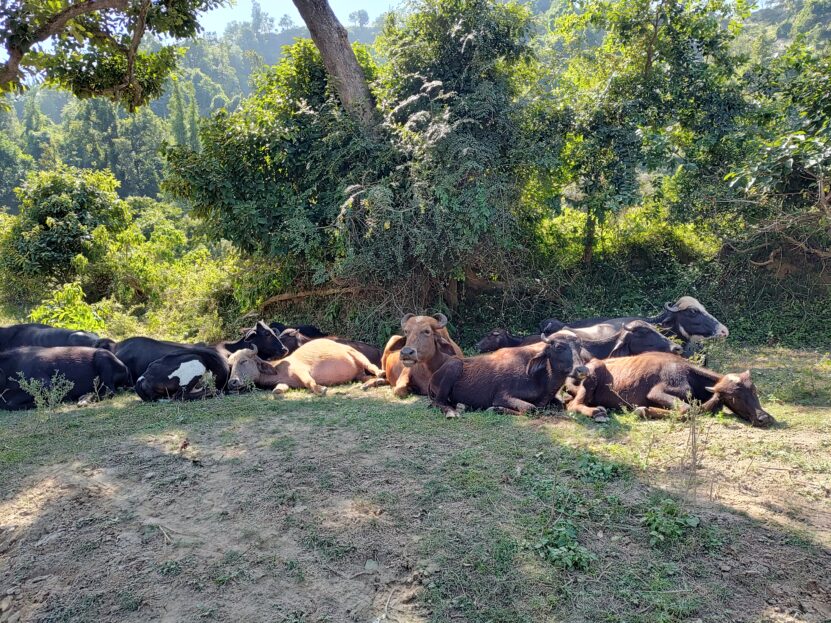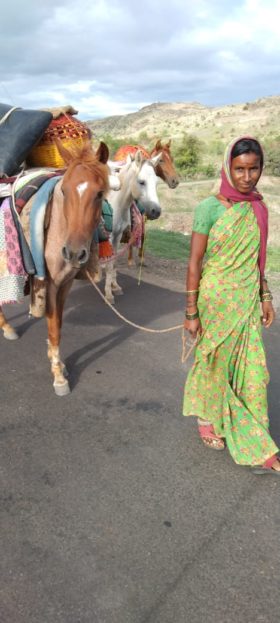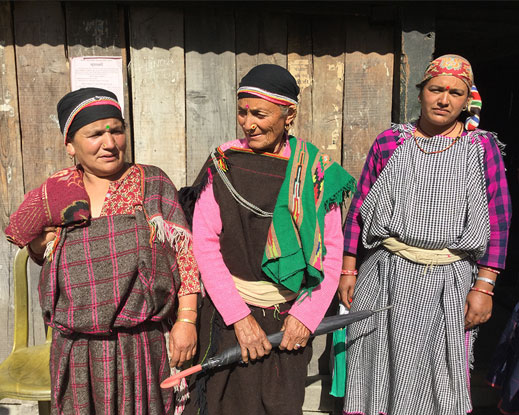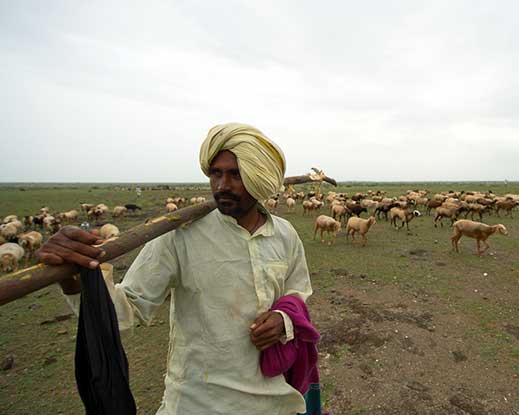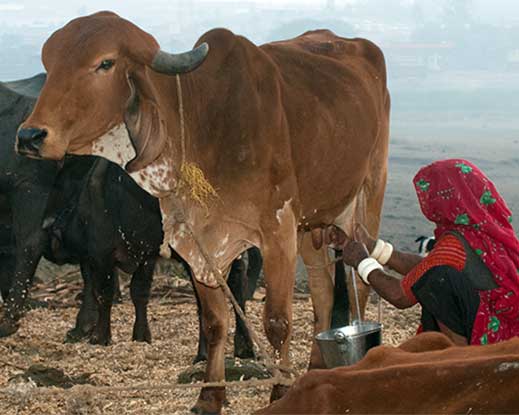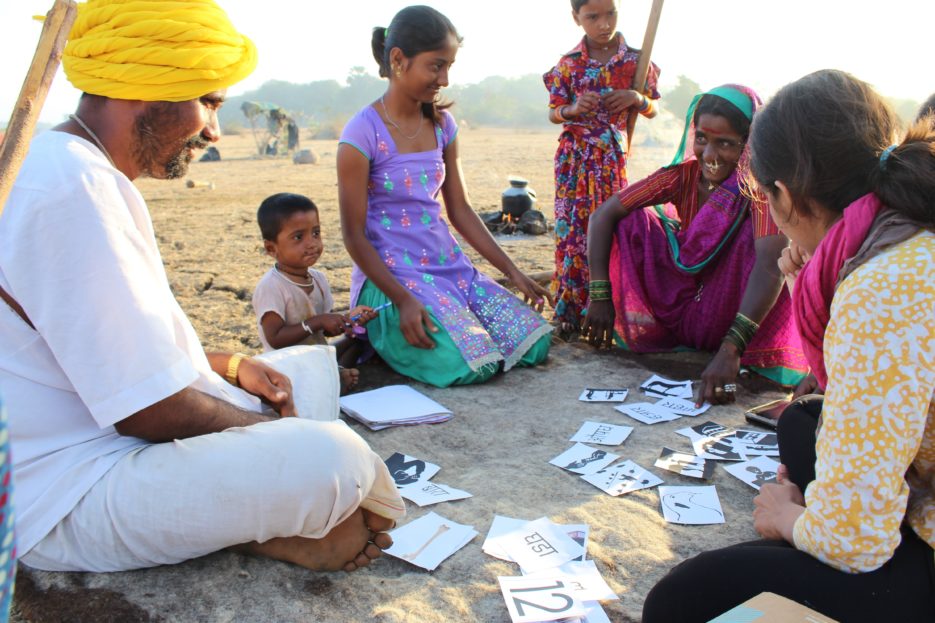Enabling access to ‘good food’ through a rural-urban exchange
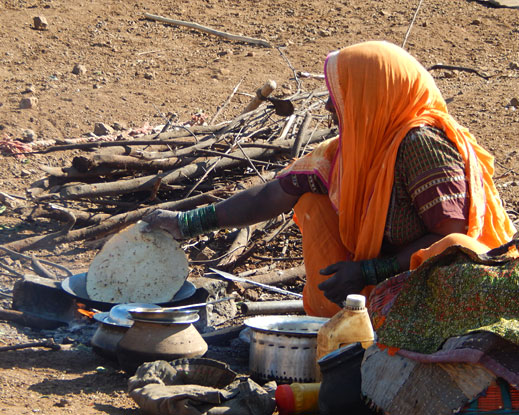
Location: Urban and rural Maharashtra
Collaboration: YUVA, SSP Lok Sanghatna and other groups and initiatives in rural and urban Maharashtra
In rapidly burgeoning cities like Mumbai, where a large section of the population lives in informal settlements and works in the unorganized sector without security of livelihood or shelter, access to ‘good food’ is a distant dream. In contrast, rural areas have a diversity of crops and agricultural patterns. There is also a wealth of foods and medicinal plants from the forest and fields which are gathered or harvested. Although these varieties are important for nutritional security, they seldom make it to urban markets or into the larger food distribution systems.
By providing common spaces for rural and urban groups we intend to suggest innovative strategies to foster a feasible and sustainable mechanism for urban-rural food exchanges.
This collaborative initiative between organizations located in rural Maharashtra with those in urban Maharashtra, seeks to map availability of surplus foods (agricultural, livestock based , wild foods, medicinal plants, fruits, etc.) produced in rural areas and make it accessible to the ‘nutrition deprived’ urban populace, especially in Mumbai. Models for initiating a sustainable pilot project for rural-urban food exchange are being developed by involving local communities, both rural and urban. This direct linking of rural poor with urban poor through an active platform for effective food transfer in sustainable and viable ways is ambitious especially as it would rely on innovative and alternate principles, rather than a conventional market-driven business model.
The project would help
- establish an active platform consisting of urban and rural groups for effective facilitation of rural-urban food transfer in sustainable and viable ways
- understand the changing culture of food consumption patterns among urban poor groups
- identify means in which the nutritive value of food consumed by urban and rural poor can be enhanced using locally available sources
- identify and map availability of surplus foods (agricultural, livestock based, wild foods, fruits, medicinal varieties, etc.)
- promote traditional foods and recipes revolving around them and thereby local biodiversity
- improve food diversity and nutritional security
Expected Outputs:
- Increased understanding about the changing food preferences among urban poor groups and possible ways in which some of these problems can be addressed
- A document about the feasibility of improving quality of food intake by the urban poor and marginalized through diverse sources from rural regions in Maharashtra.
- A list of organizations interested in joining the initiative
- A list of resources – literature, resource persons and case studies for further reference.
- Process documentation of the pilot initiative
- Formation of people’s committee to ensure sustainability of rural urban food exchange who will take the process forward.
This initiative is supported by Misereor Germany



